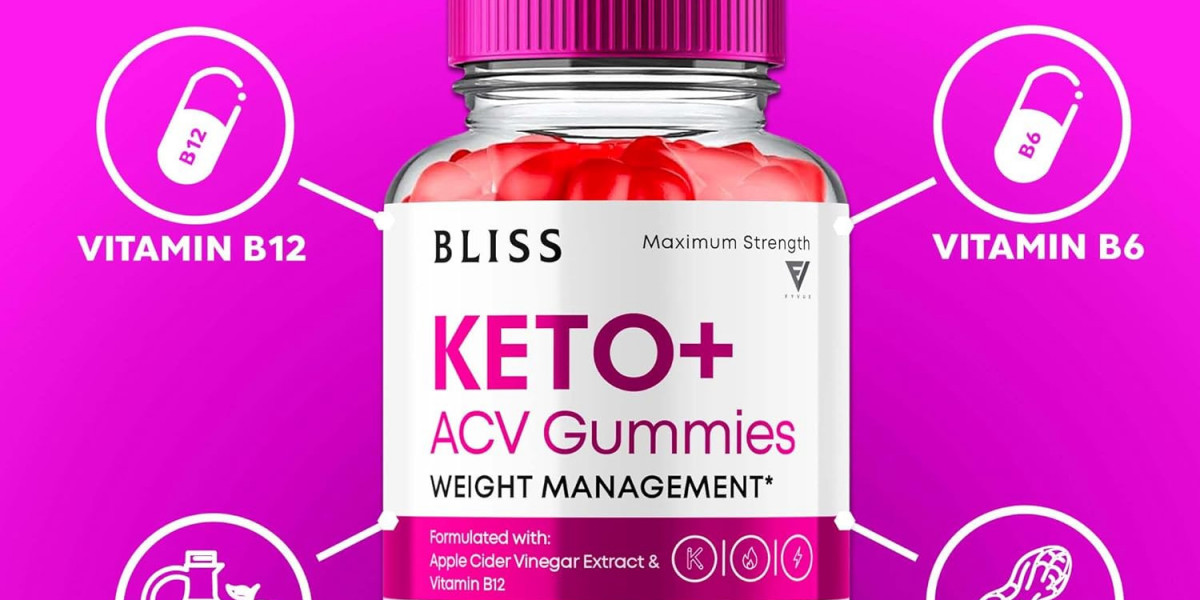The beverage industry in India is growing at a rapid pace, with new players entering the market every day. From soft drinks and packaged juices to bottled water and alcoholic beverages, this sector has seen significant innovation and diversification. However, like every other food-related industry, beverage manufacturers must comply with the regulatory guidelines set forth by the Food Safety and Standards Authority of India (FSSAI).
FSSAI registration is mandatory for all food businesses, including beverage manufacturers, to ensure that the products sold in the market meet the necessary safety and quality standards. In this blog, we will explore the key points beverage manufacturers must consider when applying for FSSAI registration.
Why FSSAI Registration is Important for Beverage Manufacturers
FSSAI registration is essential for beverage manufacturers for several reasons:
Legal Compliance: The FSSAI registration ensures that the business operates within the legal framework of India’s food safety laws. Without an FSSAI license, manufacturing, distributing, or selling beverages is considered illegal and can lead to severe penalties.
Consumer Safety: FSSAI enforces stringent guidelines on food safety, ensuring that the beverages produced are safe for consumption. This protects consumers from health hazards like contamination or adulteration.
Market Access: FSSAI registration enables businesses to enter the Indian market and reach consumers. Many distributors, retailers, and e-commerce platforms require beverage manufacturers to be FSSAI compliant.
Consumer Trust: FSSAI certification is a sign of credibility, enhancing consumer trust. When consumers see the FSSAI logo on products, they are assured that the beverage meets the necessary safety standards.
Types of FSSAI Licenses for Beverage Manufacturers
Beverage manufacturers need to apply for an FSSAI license based on the scale and nature of their operations. There are three types of FSSAI licenses:
Basic Registration: This is for small-scale businesses with an annual turnover of less than ₹12 lakh. Small beverage manufacturers operating on a micro-level, such as home-based businesses, can opt for this registration.
State License: If your beverage business has an annual turnover between ₹12 lakh and ₹20 crore, you need to apply for a state license. This applies to medium-sized manufacturers operating within a single state.
Central License: This is mandatory for large-scale beverage manufacturers with an annual turnover of more than ₹20 crore or those who operate in multiple states. Importers and exporters of beverages must also apply for a central license.
Steps for FSSAI Registration for Beverage Manufacturers
The process of FSSAI registration involves a series of steps. Here’s how beverage manufacturers can go about it:
Submit the Application: Fill out the application form accurately and submit it along with the required documents through the FSSAI portal. Pay the online fees for your application for FSSAI registration.
Verification: The concerned representative will verify your FSSAI Registration Application.
Inspection: Upon submission, FSSAI officials may inspect your facility to ensure compliance with safety and hygiene standards.
Receive Registration Certificate: If your application is approved, you will receive your FSSAI registration certificate. This document serves as proof that your business is compliant with food safety regulations.
FSSAI Compliance for Beverage Manufacturers
After obtaining the FSSAI license, beverage manufacturers must ensure that they remain compliant with the regulations throughout their operations. Here are some key compliance points to keep in mind:
Labeling Requirements
The FSSAI has stringent rules regarding the labeling of food products. Beverage manufacturers must ensure that the product label includes:
FSSAI logo and license number
Name of the product
Ingredients list
Nutritional information
Manufacturing and expiry date
Batch number
Instructions for storage
Manufacturer’s details
Additionally, beverages containing additives or allergens must have clear warnings or information about these substances.
Food Safety Management System
Beverage manufacturers must have a proper FSMS in place to maintain food safety standards. This includes quality control checks, sanitation measures, and regular testing of ingredients (especially water).
Regular Audits and Inspections
FSSAI conducts periodic audits and inspections to ensure that food manufacturers are adhering to safety standards. Maintaining proper records, ensuring clean premises, and keeping updated on FSSAI guidelines are essential to passing these inspections.
Renewal of FSSAI License
The FSSAI license is valid for a period ranging from 1 to 5 years. Beverage manufacturers must apply for renewal at least 30 days before the license expires to avoid penalties.
Penalties for Non-Compliance
Failure to comply with FSSAI regulations can lead to severe penalties, including:
Heavy fines
Suspension or cancellation of the FSSAI license
Confiscation of products
Legal action, including imprisonment in severe cases
Non-compliance can also damage the brand’s reputation and lead to loss of consumer trust.
NOTE: APPLY FOR TATKAL FSSAI REGISTRATION
Conclusion
For beverage manufacturers, obtaining and maintaining an FSSAI registration is not just a legal requirement, but a necessary step in ensuring the safety and quality of their products. By adhering to FSSAI guidelines, manufacturers can build a strong reputation, gain consumer trust, and avoid legal complications. Whether you’re a small-scale juice maker or a large beverage producer, following these key points will help you navigate the FSSAI registration process smoothly.









